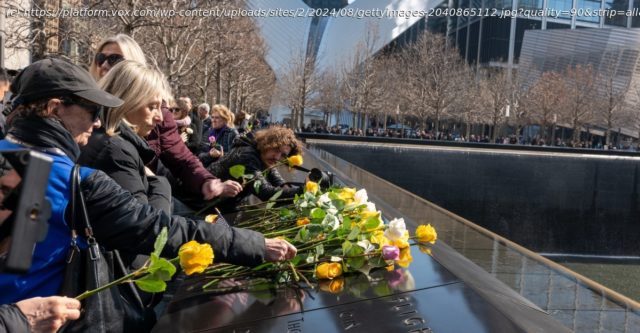It’s the end of a drawn-out legal process, haunted by the failure of the war on terror.
The US government has reached a plea agreement with three defendants accused of planning the September 11 , 2001 terror attacks, including Khalid Shaikh Mohammed, the alleged mastermind. It’s the most significant development in the 9/11 case in years — one that may finally bring a sense of closure to some survivors and families of 9/11 victims, but that also highlights the broken legal system at Guantanamo Bay.
Though the Department of Defense has not yet released the details of the agreement — and the defendants have not formally entered into it — Mohammed, Walid bin Attash, and Mustafa al-Hawsawi will reportedly plead guilty to war crimes in exchange for life in prison. Previously, they faced the possibility of a death sentence if found guilty.
The plea agreement means that there will be no trial for the three at the prison’s notoriously slow military commissions, a justice system set up solely to try defendants at Guantanamo that’s been fraught with delays and complications.
It also means that, almost 23 years after the attacks, these cases will be resolved, though what will happen to the prison where 30 men are still held, even though most are cleared to be released, remains to be seen.
The three men are some of Guantanamo’s most notorious detainees.
Mohammed, also called KSM or Mukhtar, has been called the architect of 9/11 and claimed responsibility for its planning “from A to Z.” He is a 59- or 60-year-old member of the Baloch ethnic group and a Pakistani citizen.
He allegedly traveled to Afghanistan and joined al-Qaeda, the terror group responsible for the attacks, sometime after he graduated from a North Carolina college in 1986. Mohammed is alleged to have proposed the plan to fly planes into the World Trade Center to former al-Qaeda leader Osama bin Laden in 1996 and formally joined the group in 1998 or 1999.






